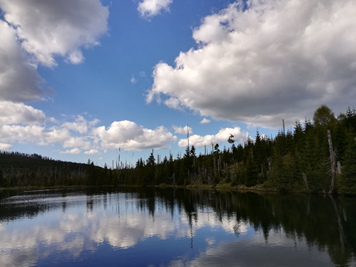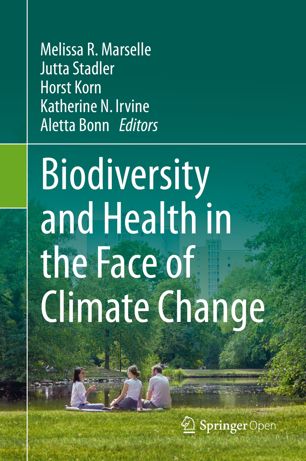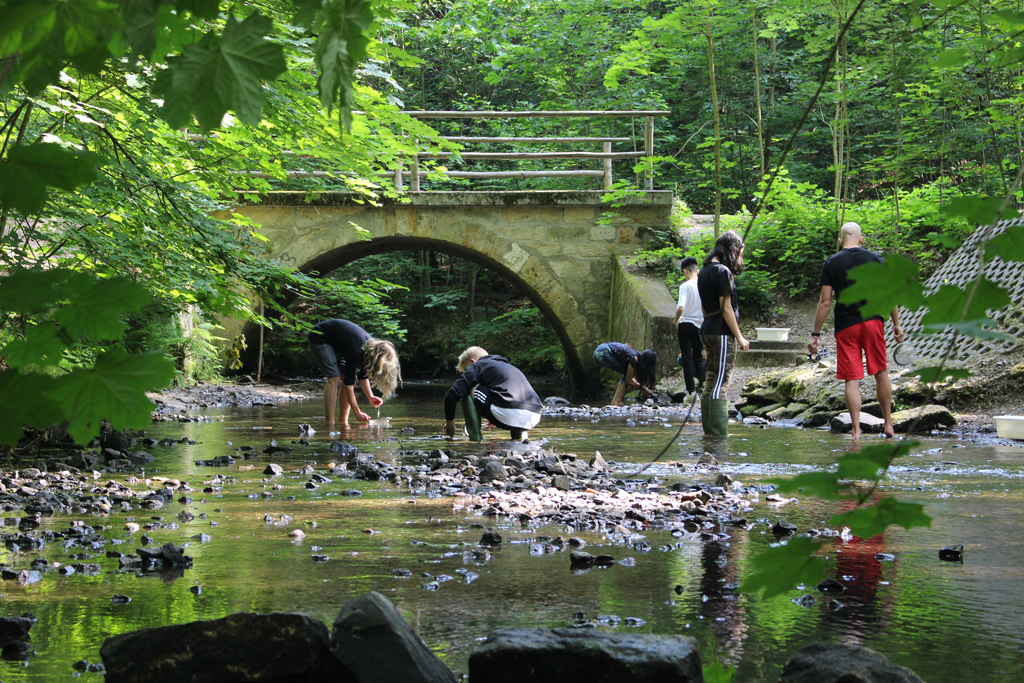Research Projects
Agriculture and Ecosystems
Our mission
Our group focuses on how agricultural and environmental policies affect both people and nature. We study how they influence farmers’ well-being and actions as well as biodiversity and ecosystem health in agricultural landscapes. We want to understand how agricultural systems work at both societal and ecological level, and find out how they could be made more sustainable. Throughout, we want to deliver scientific knowledge that can have an impact on policies and practices.
Key approaches and methods
- Individual-based and agent-based simulation models
- Statistical policy (impact) analyses using geospatial and temporal data
- Knowledge-syntheses (literature reviews, workshops, interviews, online surveys, expert involvement)
- Interviews, e.g. with farmers and policymakers
- Direct interactions with decision-makers, e.g. ministries, DGs (science-policy interfacing)
- Analyses of field data, especially Citizen Science data
Current projects
Biodiversity and Health
Exposure to natural environments can offer a suite of benefits to human health and wellbeing. Our working group is dedicated to understanding the mechanisms that underpin these effects, with a specific focus on elucidating the impact of biodiversity on individuals’ health and well-being. Through integrating knowledge and methods from different scientific disciplines, we seek to comprehend how biodiversity influences various aspects of human physical and mental health.
We also investigate how people perceive and assign value to biodiversity. We are interested how people engage in environmentally protective behaviors, particularly those concerning biodiversity conservation. Through our research, we aim to provide valuable insights to inform and shape conservation efforts aimed at preserving biodiversity and fostering sustainable environmental practices.
Central to our approach is fostering transdisciplinary collaboration. We recognise that addressing complex issues at the intersection of biodiversity, climate and health requires insights from diverse fields. As such, we draw upon knowledge and methods from environmental psychology, neuropsychology, ecology, climate and public health to develop comprehensive research designs tailored to addressing critical public health and environmental challenges. We use a combination of study designs that range from local to global surveys, fieldwork and laboratory experiments. Through these transdisciplinary and complementary approaches, we strive to contribute meaningfully to the body of knowledge, and to inform evidence-based policies and interventions for the betterment of both human and environmental health.
Current projects
- Dr. FOREST
- ValuGaps
- LIFE Adult cohort Analysis
- Nature exposure as an equitable, global public health intervention tool –Volkswagenstiftung Symposium
- DAAD Australia-Germany Joint Research (DAAD) – using citizen science to benefit nature conservation and human health
Citizen Science and Biodiversity Change
The Biodiversity Change & Citizen Science working group embraces a transdisciplinary approach and addresses biodiversity research questions together with citizens and civil society actors, natural history societies, museums and conservation agencies.
We are conducting several biodiversity citizen science projects. Next to ecological questions, we are also interested how citizen science fosters learning-by-doing, scientific literacy as well as social licence and impact for biodiversity conservation. Here, we investigate how citizen science affects environmental behaviour and well-being. Moreover, we analyse socio-political developments in the field of citizen science and have led the White Paper Citizen Science Strategy 2030 for Germany together with numerous stakeholders from research and civil society.
Biodiversity change is one of the greatest challenges facing humanity. To understand the complex patterns of this change, we rely on the availability of data which are often a heterogeneous mix of data types of varying accessibility. To address this, we compile community datasets from heterogeneous data sources on various taxa, including data from citizen science, and develop and apply statistical methods to analyse them.


